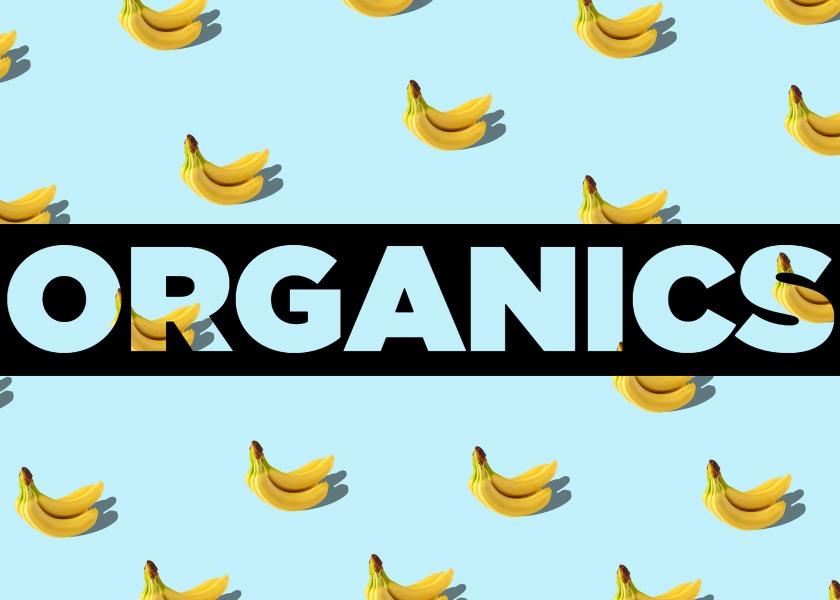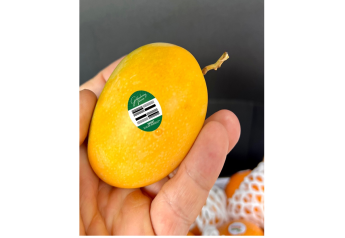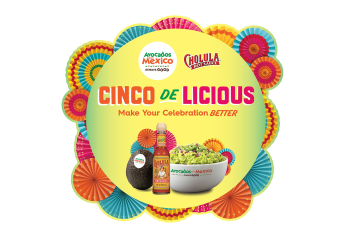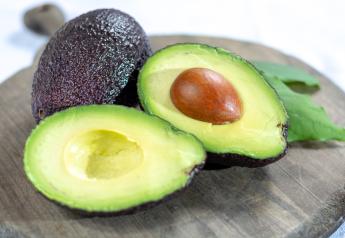USDA: Fresh produce dominates organic retail food sales

Organic fresh produce has been the biggest component of total organic food sales for decades and continues to dominate retail food sales, according to a new report from the USDA Economic Research Service.
“Sales of fresh fruits and vegetables have been the top category of organically grown food since the organic food industry started retailing products,” the report said.
U.S. sales of organic food products were an estimated $26.9 billion in 2010 (inflation adjusted to 2021 dollars) and reached $52 billion in 2021, the USDA report said.
Retail sales of organic fresh fruits and vegetables were an estimated $19.2 billion in 2021 and have steadily trended upward for the past two decades, the report said, citing the Nutrition Business Journal.
Produce accounted for 40% of U.S. organic food sales in 2021, followed by dairy and eggs (13%), beverages (12%), packaged/prepared foods (11%), bread/grains (9%), snack foods (6%), condiments (5%) and meat/fish/poultry (4%), according to the Nutrition Business Journal.
The USDA report said consumer demand for organically produced goods has shown strong growth since the 1990s, providing incentives to U.S. growers to produce organic food.
As a measure of that demand response, certified organic cropland acres increased by 79% (to 3.6 million acres), pastureland/rangeland decreased by 22% (to 1.3 million acres), and certified operations increased by more than 90% (to 17,445 farms) over the 2011-21 period, according to the USDA.
Rising retail sales
Conventional grocery retailers are the primary outlets for organic food sales, surpassing natural food stores in the mid-2000s, the report said.
By 2020, traditional grocery stores, club stores, and supercenters accounted for 56% of the share of organic food sold to consumers, the Organic Trade Association said in 2021.
The group said 88% of organic sales occur through conventional and natural food supermarkets and chains. The remainder of sales occur through farmers markets, Community Supported Agriculture, other direct-to-consumer sales, and internet sales. The share of organic food sold to consumers via the internet has grown from 2% in 2012 to 6% in 2020, according to the Organic Trade Association.
The USDA report said organic products typically receive a price premium over non-organic products.
A study by the USDA Economic Research Service analyzed organic retail price premiums for 18 products from 2004 to 2010 and found the premium to be more than 20% for 17 products. The study found that premiums fluctuated year to year without a clear trend — except for spinach, canned beans, and coffee — which showed a steady decrease in the premium, and yogurt, which showed a steady increase from 2004 to 2010, according to the report.
Sales for organic products with lower premiums, such as spinach, granola and carrots, saw larger increases in market share, according to the report.
Consumer preferences
The USDA said studies show that organic food consumers include all types of consumer demographics.
A study from the Organic Trade Association — using data from a large, nationally representative sample of U.S. households — found that more than 80% of U.S. households purchased organic food in 2016.
A consistent finding across studies is that millennials (born between 1981 and 1986-87) are more likely to purchase organic food than older generations.







